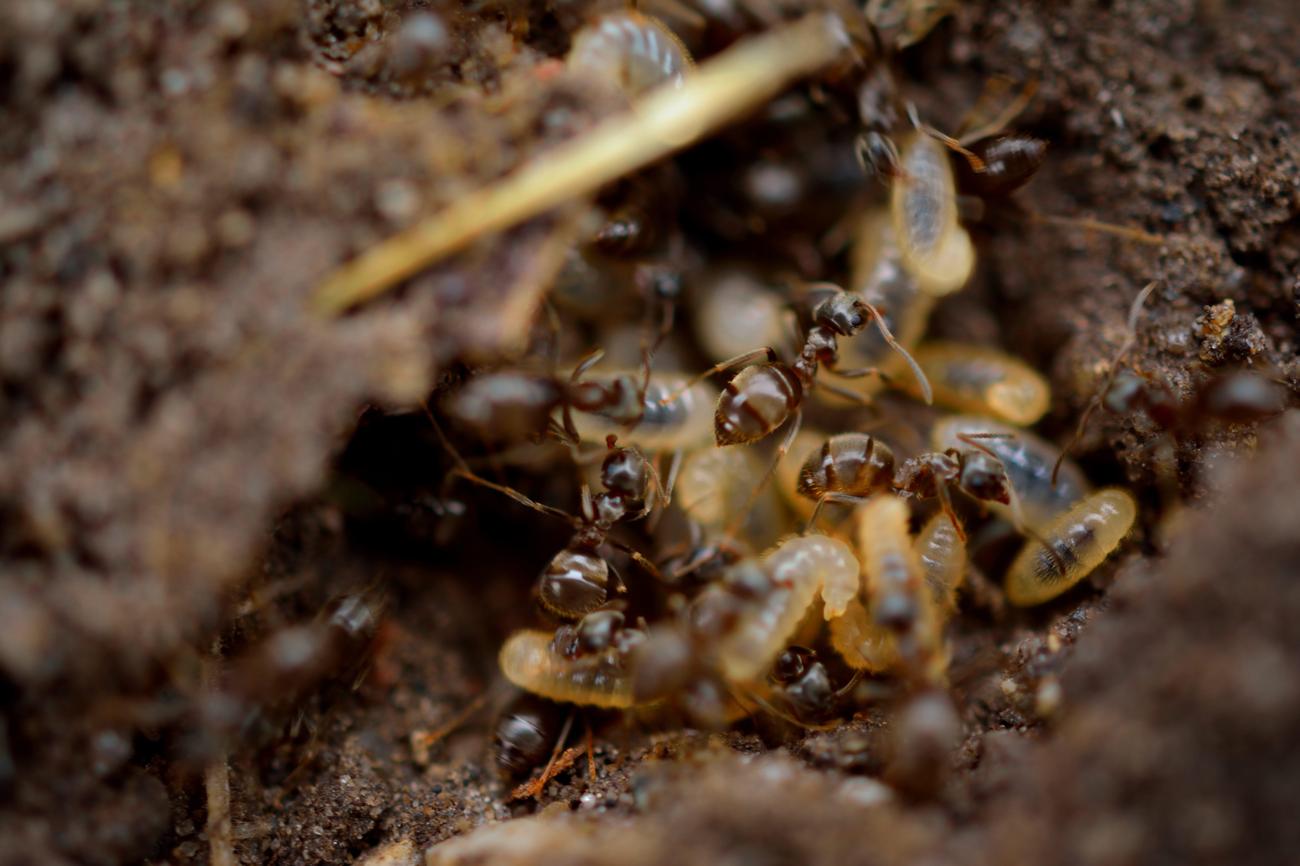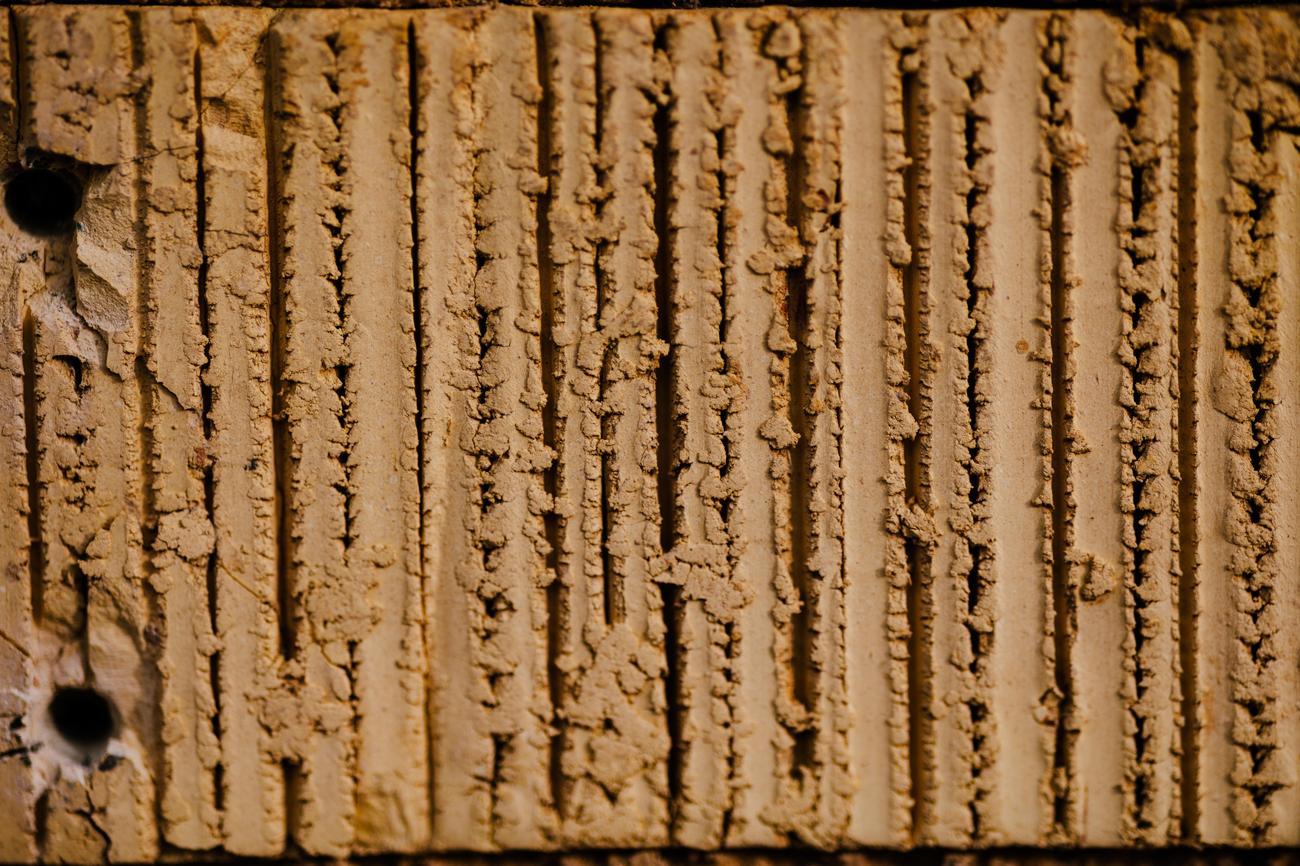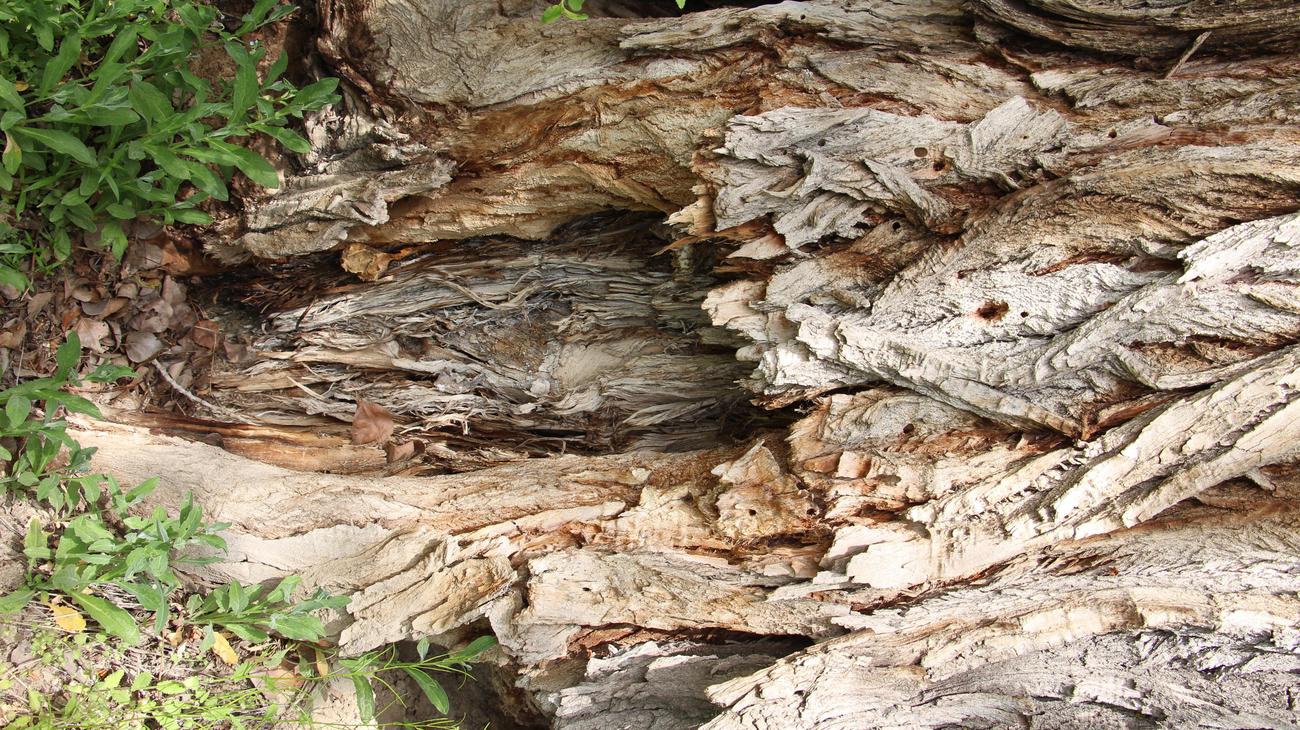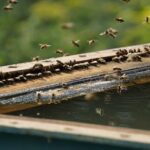Have you ever marveled at the intricate tunnels and towering mounds that seemingly appear overnight in the savannas and forests? Prepare to be astounded as we embark on an exploration into the extraordinary realm of termites. In this article, we will unravel the fascinating abilities of these tiny insects that often go unnoticed. From their astonishing engineering prowess to their intricate symbiotic relationships and exceptional communication abilities, termites have truly earned their place as nature’s unsung heroes. So strap in and get ready to be amazed by the remarkable world of termites.

Remarkable Abilities of Termites
Termites, those small and seemingly insignificant insects, possess a myriad of remarkable abilities that greatly contribute to the ecosystems they inhabit. From their engineering prowess to their exceptional communication skills, termites continually astound scientists and researchers alike. In this article, we will delve into the extraordinary world of termites and uncover the wonders of their abilities.
Colossal Colonies and Caste System
One of the most striking features of termites is their ability to live in colonies consisting of up to several million individuals. These complex societies are structured, with different castes, each with distinct roles and features. The worker termites diligently maintain and expand the nest, foraging for food and building the intricate network of tunnels. On the other hand, the soldier termites, with their large heads and formidable jaws, defend the colony against intruders. These roles, meticulously carried out by the different castes within the colony, showcase the highly organized and efficient nature of termites.
Remarkable abilities of termites: Termites have evolved a highly sophisticated caste system, where different individuals contribute to the functioning and survival of the entire colony. Their ability to work together harmoniously is a testament to their remarkable social organization.
Chemical Communication
Communication is vital for any society to thrive, and termites have developed a unique way of relaying information. Termites communicate using chemical signals, commonly known as pheromones. These chemical cues allow termites to convey messages about food sources, danger, and even the location of potential mates. Through intricate chemical conversations, termites coordinate their activities and maintain the delicate balance within the colony.
Remarkable abilities of termites: By relying on chemical signals, termites exemplify their unparalleled communication skills, creating a seamless network of information flow throughout the colony.
Master Architects and Engineers
Termites may be small, but their construction abilities are nothing short of extraordinary. Their nests, often referred to as termite mounds, are marvels of architectural ingenuity. Constructed using a mixture of soil, saliva, and feces, these mounds serve as temperature and humidity regulators, ensuring optimal conditions for the colony’s survival. Some termite mounds can reach towering heights, rivaling the architectural accomplishments of human civilizations.
Remarkable abilities of termites: Termites exhibit exceptional engineering skills, designing and building elaborate structures that provide optimal living conditions for the entire colony. Their mounds stand as testaments to their meticulous craftsmanship and environmental control.
Symbiotic Relationships and Digestive Superpowers
Termites owe their ability to digest cellulose, a complex carbohydrate found in plant material, to a fascinating symbiotic relationship they have with microorganisms in their gut. These microscopic partners break down the cellulose, allowing termites to extract the nutrients from the plant matter. In return, termites provide a safe, nutrient-rich environment for these helpful microbes to thrive. It’s a perfect example of mutually beneficial cooperation in the natural world.
Remarkable abilities of termites: Through their unique symbiotic relationships, termites showcase their incredible digestive talents, enabling them to recycle and decompose dead plant material, thus contributing to the overall health of ecosystems.
Conclusion
Termites, often underestimated, possess a world of remarkable abilities that have captivated scientists and researchers for centuries. From their colossal colonies and intricately structured caste system to their exceptional communication skills and awe-inspiring architectural feats, termites continue to unravel the depths of their extraordinary capabilities. Delving into the world of termites opens a treasure trove of insights into the incredible wonders and possibilities of the natural world.
Remarkable abilities of termites: Through their collective abilities, termites exemplify the remarkable achievements that can arise from cooperation, communication, and diligent effort. They remind us of the enduring vitality and ingenuity present even in the tiniest of creatures.
List 9 Important Of Termite are essential for anyone dealing with termite infestations. Whether you’re a homeowner, a pest control professional, or simply curious about these tiny creatures, this comprehensive list provides valuable insights into the world of termites. From understanding their behavior and life cycle to identifying common signs of infestation, this list covers it all. Get ready to dive deep into the fascinating world of termites by clicking here: List 9 Important Of Termite.

FAQ
Q: What are some of the remarkable abilities of termites?
A: Termites possess several remarkable abilities, including their engineering prowess, symbiotic relationships, and exceptional communication abilities. They can decompose dead plant matter, forage over long distances, and control their own living environments.
Q: How do termites communicate?
A: Termites communicate primarily through the use of chemicals. They release pheromones to convey messages, such as marking trails, signaling danger, or indicating the presence of food sources.
Q: How long do termite queens live?
A: Termite queens have an impressive lifespan, often exceeding 20 years. They play a crucial role in the colony by continuously laying eggs and ensuring its survival.
Q: What role do termites play in ecosystems?
A: Termites play a vital role in ecosystems by recycling waste material. They decompose dead plant matter and return valuable nutrients to the soil, contributing to the overall health and balance of the ecosystem.
Q: Are termites harmful to buildings and structures?
A: Yes, termites are known as “silent destroyers” because they can cause extensive damage to homes and buildings. It is essential to address termite infestations promptly to prevent structural deterioration.
- Unlock Filipino Culture: A Deep Dive into Traditions and Practices - April 23, 2025
- Unlock Spanish Culture: Insights & Opportunities Now - April 23, 2025
- White Spirit Uses & Substitutes: A Deep Dive for Pros & DIYers - April 23, 2025
















